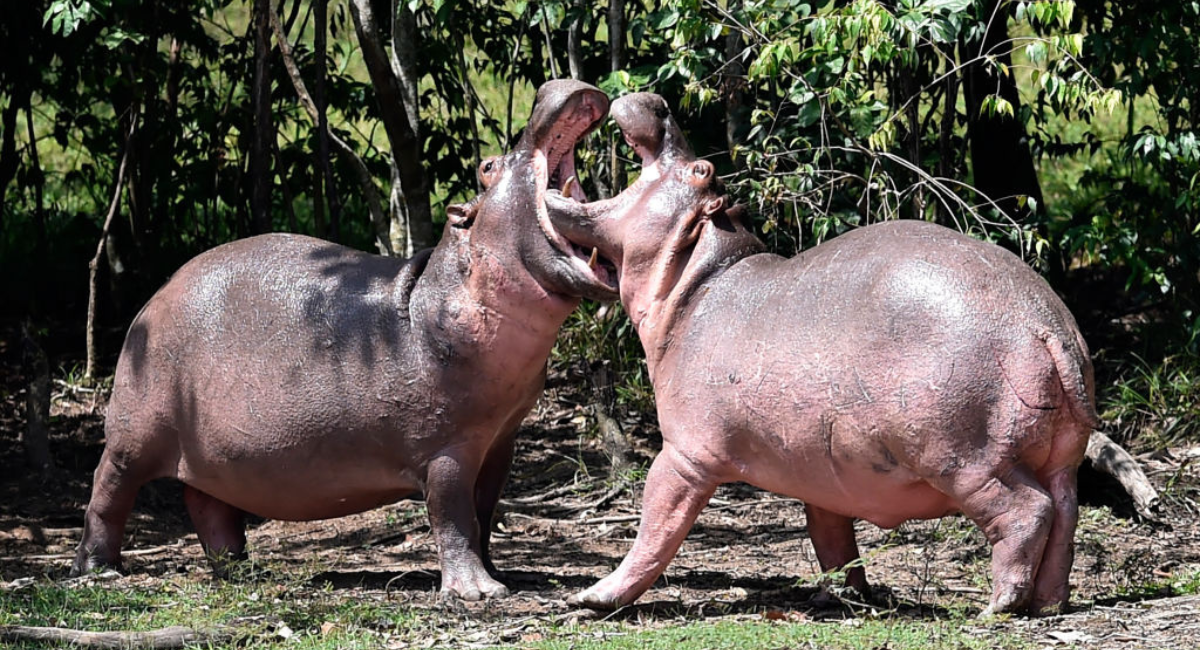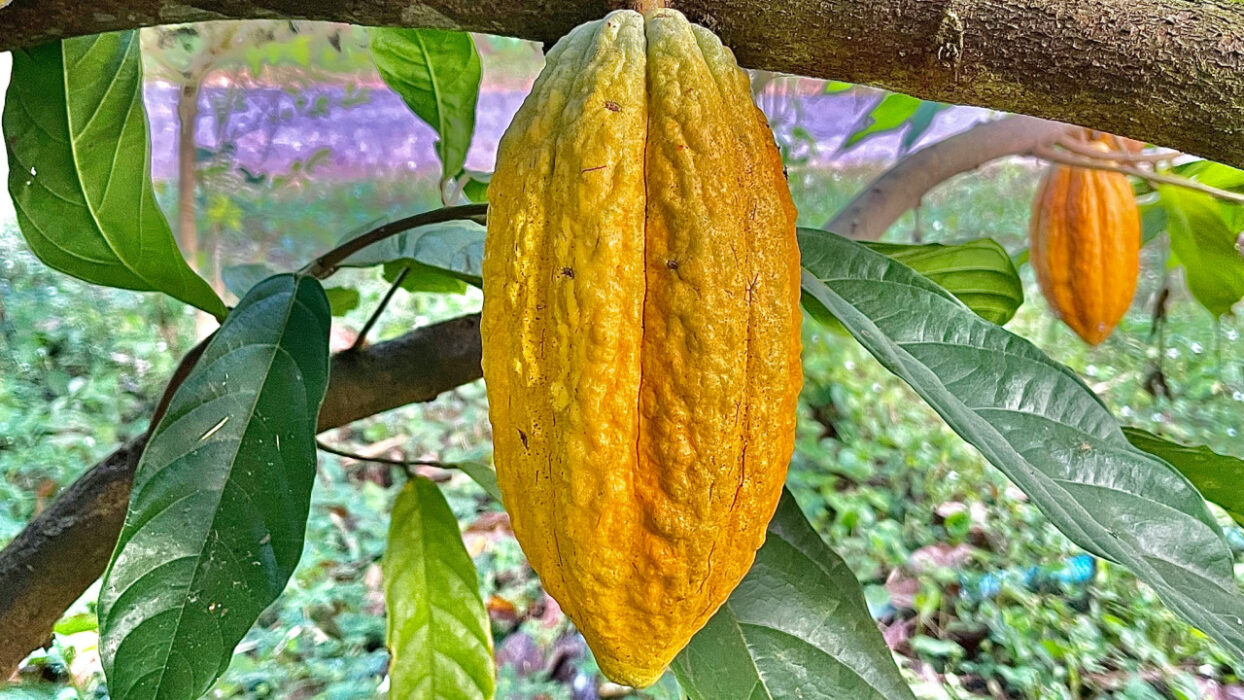
Pablo Escobar’s ‘Cocaine Hippos’ Are Being Sent to India and Mexico… Pero Why?!
Following Pablo Escobar‘s death in 1993, authorities involved with seizing his assets discovered four massive hippopotami on his property. Instead of transporting the animals to an indigenous location or zoological facility, they just left them there. Instead of hanging around and doing their thing, they reproduced. A lot.
First there were four hippos — now there are almost 150
Although there were just four hippos at the time of Escobar’s death, there are now nearly 150 of them. These massive beasts just will not stop reproducing. If left unattended, Colombia could be dealing with thousands of hippos within just a few decades.
Faced with a potential hippo overload, scientists are figuring out a way to safely transport the hippos to India and Mexico. Of the 150 on and around Escobar’s property, 60 are going to India while the other 10 are going to Mexico.
Because they have the potential to spread unknown viruses and pathogens to hippos on indigenous African land, sending them “home” is not an option. The Colombian government had an opportunity to relocate the animals in 1993, but declined to do so. Ironically, they will now have to ship 70 hippos instead of four.
In an interview with CNN, María Ángela Echeverry, a biology professor at the Javeriana University, explained, “Every time we move animals or plants from one place to the other, we also move their pathogens, their bacteria and their viruses.”
“We could be bringing new diseases to Africa, not just for the hippos that are out there in the wild, but new diseases for the entire African ecosystem that hasn’t evolved with that type of disease,” she added.
Speaking to Blu Radio, Colombian Governor Aníbal Gaviria said the plan is “to take them to countries where these institutions have the capacity to receive them, and to (home) them properly and to control their reproduction.”
They require translocation to prevent ecological disturbances
As of now, the plan is to transport, or “translocate,” the animals via plane in something called purpose-built boxes. The hippos will not undergo any sedation during the flight. However, the option for “emergency sedation” will be available in the event of any complications.
According to Gaviria, translocating the hippos could happen as early as summer 2023. However, the Colombian Agricultural Institute needs to issue permits in a timely manner. And the trouble doesn’t end there. The incoming hippos will need the proper environment to thrive without poisoning other local populations.
Since hippos are technically an invasive species, assimilating them into a new environment poses a challenge. A 2019 report cited by Nature Magazine says areas with high concentration of hippos also have a surplus of cyanobacteria in nearby lakes. The bacteria is linked to toxic algae that kills local fish populations.
Not only that, hippos have a penchant for aggression toward human populations and local agriculture. “Hippos live in herds, they are quite aggressive. They are very territorial and are plant eaters in general,” Echeverry said.




